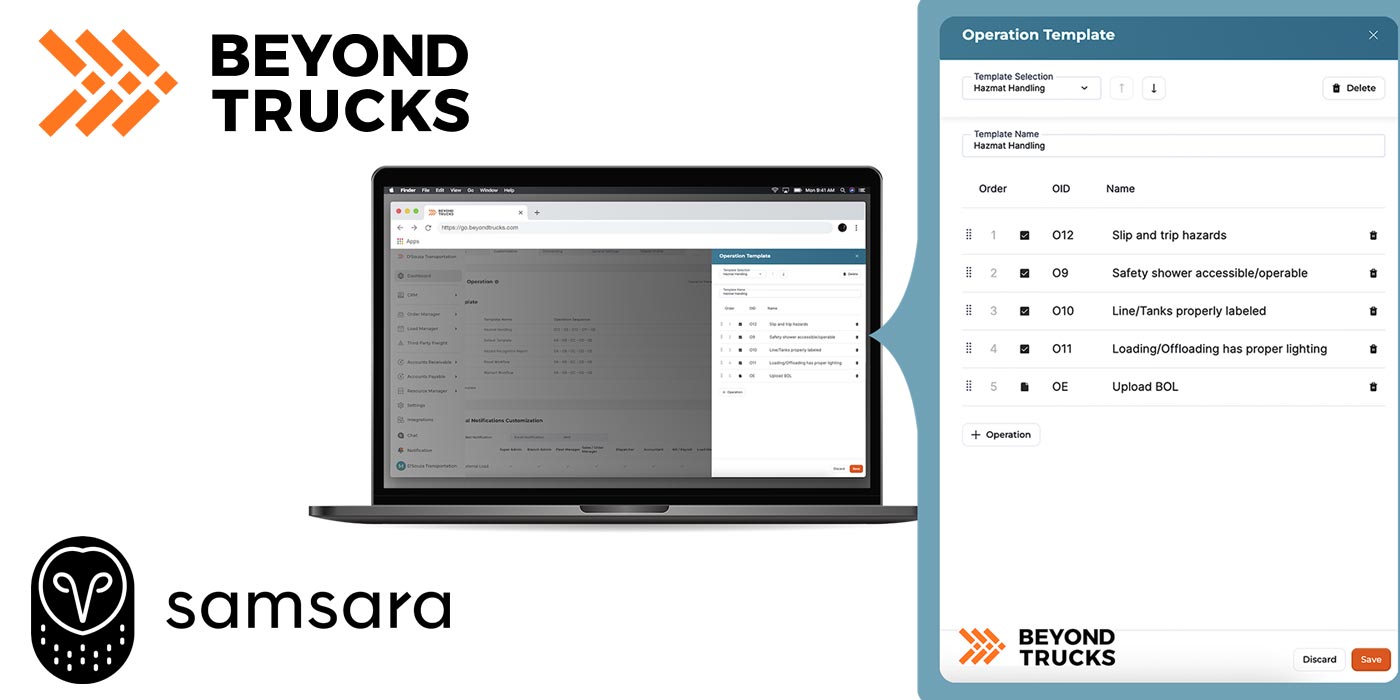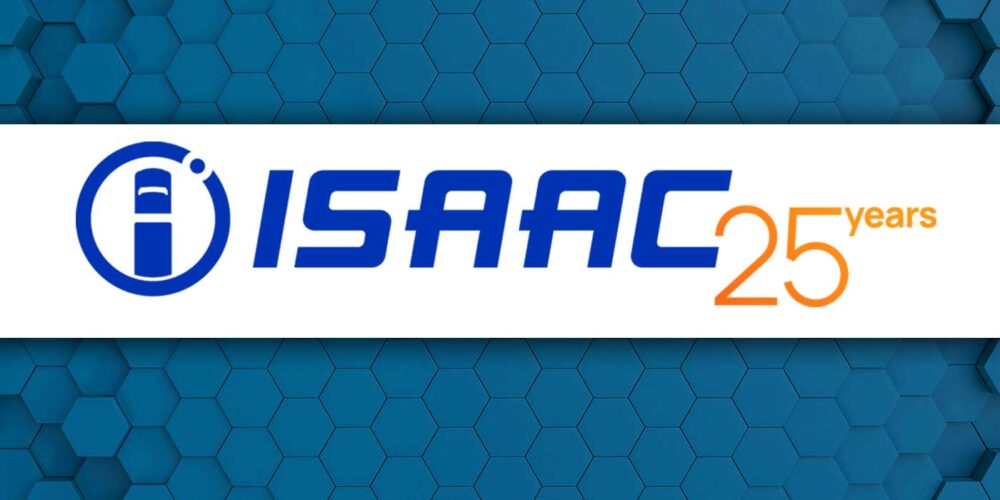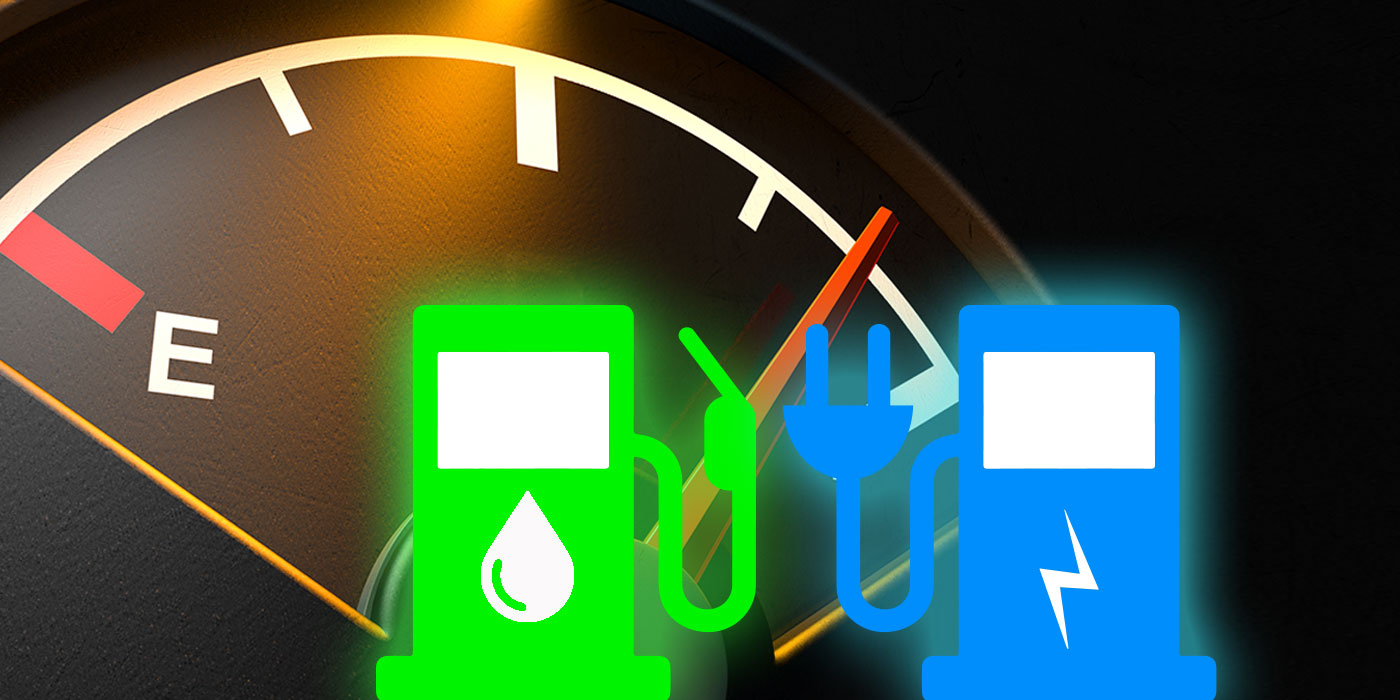Cummins Inc. announced its support for the development of a second phase of greenhouse gas (GHG) and fuel efficiency standards for medium- and heavy-duty commercial vehicles.
“Cummins supports standards that deliver environmental benefits and help our customers in the form of increased fuel efficiency and cost savings,” said Rich Freeland, Cummins vice president and president of engine business. “The first phase of these regulations provides a strong foundation that recognizes the needs of business while offering clear direction to create innovative technologies. With the announcement today, it is clear that the government will again take a collaborative approach. We look forward to working with regulators, our customers and others on the next phase of standards that will lead to even greater reductions in greenhouse gases and fuel consumption.”
President Barack Obama announced on Feb. 18 that the U.S. Environmental Protection Agency (EPA) and the National Highway Traffic Safety Administration (NHTSA) will develop a proposal for the next round of national GHG and fuel-efficiency requirements for commercial vehicles. They will build on the first phase, which went into effect on Jan. 1, 2014.
The EPA and NHTSA worked together on the first phase of standards after extensive input from Cummins and other leaders in the medium- and heavy-duty truck market. Cummins is a member of the Heavy-Duty Fuel Efficiency Leadership Group, an informal coalition of major trucking fleets and technology providers, which has also pledged to work with federal agencies on the next phase of regulations.
The president announced that work would begin on the next phase of regulations with the Cummins-Peterbilt “SuperTruck” on display at an event in Maryland today. That tractor-trailer has been part of a public-private partnership sponsored by the Department of Energy to promote innovation in the industry.
The concept vehicle achieved 10.7 mpg during road testing. SuperTruck also averaged a 75% increase in fuel economy, a 43% reduction of GHG emissions and an 86% gain in freight efficiency in 24-hour head-to-head testing against a 2009 baseline truck.












